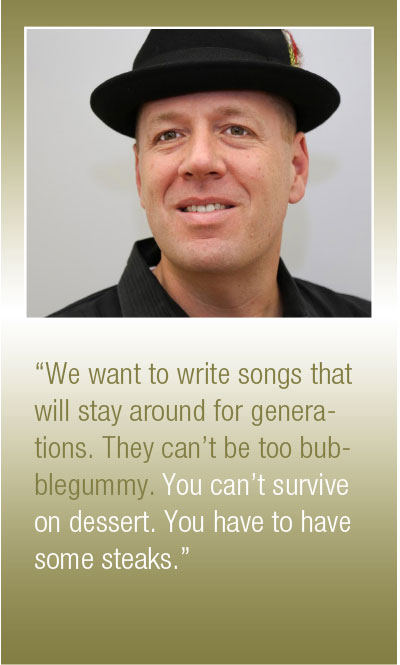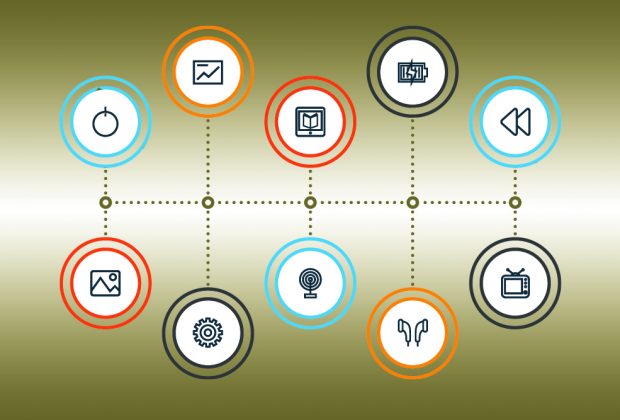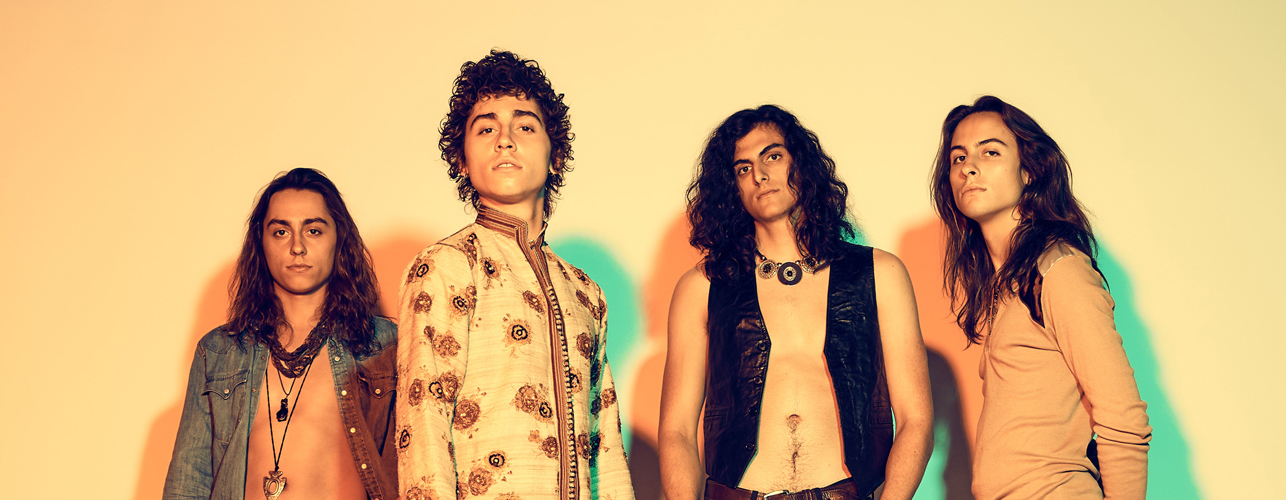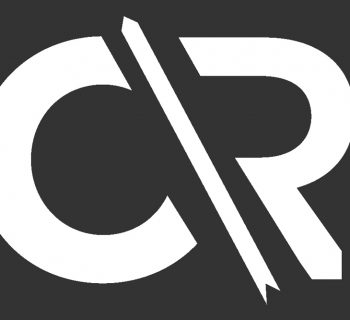 Richard Stumpf
Richard Stumpf
Company: Atlas Music Publishing
Clientele: Van Halen, MariiBeatz, Saint PHNX, Brandi Carlile
Contact: atlasmusicgroup.com
Richard Stumpf established Atlas Music Publishing in 2013 after he witnessed broad consolidation in the music industry, driven primarily by BMG. He always felt that independent publishers were the true engine of the business. Because of BMG’s aggressive acquisitions, he saw that a void had been created. Through his professional network, he secured funding and strategic partners, notably through overseas partners that wanted access to the American market. He found that marquee names such as Van Halen and Brian Howes craved a publisher that was more hands-on, which fed his success. He remains focused on developing future stars.
What makes Atlas distinctive?
Service. This is still a business about relationships and getting promotion behind songs and writers. You can’t sit on autopilot. Even with Van Halen, which is a catalog that so many people know. When we first took it over, we ran 50% higher than the previous administrator when it came to things like synchronization. That’s a function of being proactive. The first license we did for them was “Eruption” for the movie Minions. We got clip rights for the band, and within two months it earned more than 50 million social media views. That busted open the door.
What do you do to make publishing better for the songwriters that you sign?
Collaborations challenge artists. Part of what we do is team up some of our writers and point them into places that we think will be beneficial to them. We also ensure that once songs are out there, they’re collected on properly. All of the tools are in place so that their music is protected. We make sure we have a transparent system so that our writers see exactly what’s going on. A lot of publishers don’t do that enough.
Can you share a story about how an unsigned songwriter came to your attention?
There’s an artist named Stevie Jukes who has a band called Saint PHNX. They got their song “King” onto Spotify’s New Music Friday, which I listen to religiously. I fell in love with it and reached out to them via their Facebook page. Three months later we had them in a worldwide publishing deal. We did a fantastic promotion for “King” via Snapchat. It went viral and got them the number 21 worldwide position on Shazam: 60,000,000 filter uses in two days.
How do the songwriters you sign respond to the changes in music?
The younger kids grew up with [technology] so the idea of collaboration with the possibility of never meeting the other writer is normal to them because they send files back and forth. To some of our older writers, it’s alien. We try to get our seasoned writers more comfortable with the modern approach to collaboration. We want to write songs that will stay around for generations. They can’t be too bubblegummy. You can’t survive on dessert. You have to have some steaks.
How do changes in the music industry––such as artists assuming more independence and posting songs online––affect publishers?
It’s great for publishers. One of the biggest pluses of streaming is that now writer credits are being front faced and you can build a world around a writer. It gives them an exposure level that they couldn’t have before.
How has streaming and decreasing album sales affected writers’ incomes?
The biggest con is that when you lived in the album world, you had six or seven songs ride along on the album sale and publishers would earn mechanical royalties. The world of album cuts is gone, essentially. Kids stream one song at a time, so they’ll only stream the most popular ones. There’s more pressure for our writers to be part of singles. The positive side is that, historically, a mechanical royalty was a one and done. You bought my record, I had a song on that record for which I was paid 9.1 cents and that was the extent of our transaction. In the streaming world, we’re paid every time you listen. Of course we only get a micropenny, but we now earn more money because we make perpetual royalties. When you combine that with the MMA [Music Modernization Act], it’ll create one clearinghouse that pays monthly.
Who among your writers are making a big name for themselves?
Toby Gad is one of our top writers. He gets hits consistently. Brian Howes is more in the rock lane, but he’s written several hits. Alex Vargas is from the UK and he’s done well. MariiBeatz is someone we signed recently who’s doing great in the hip-hop world. The goal is to create the evergreens of the future and help manage current evergreens.
Do you accept unsolicited material?
We don’t, in part because it takes so long to go through them. It’s also a legality thing. We have our trusted sources and do a lot with the PROs. Baby writers tend to affiliate with BMI or ASCAP. They have plenty of showcases. My advice to all writers is to collaborate. Get into songwriting circles. Your name will start to bubble up if you’re good and people will find you.
In terms of audio quality, how good do you expect submissions to sound?
What I tell most artists is that if they’re going to do a produced-up version, it has to be stellar. I’d rather get something a little more bare-bones so that we can hear where it could go. A lot of the songs we get are just vocals with guitar or piano so we can get a sense for the hook.













